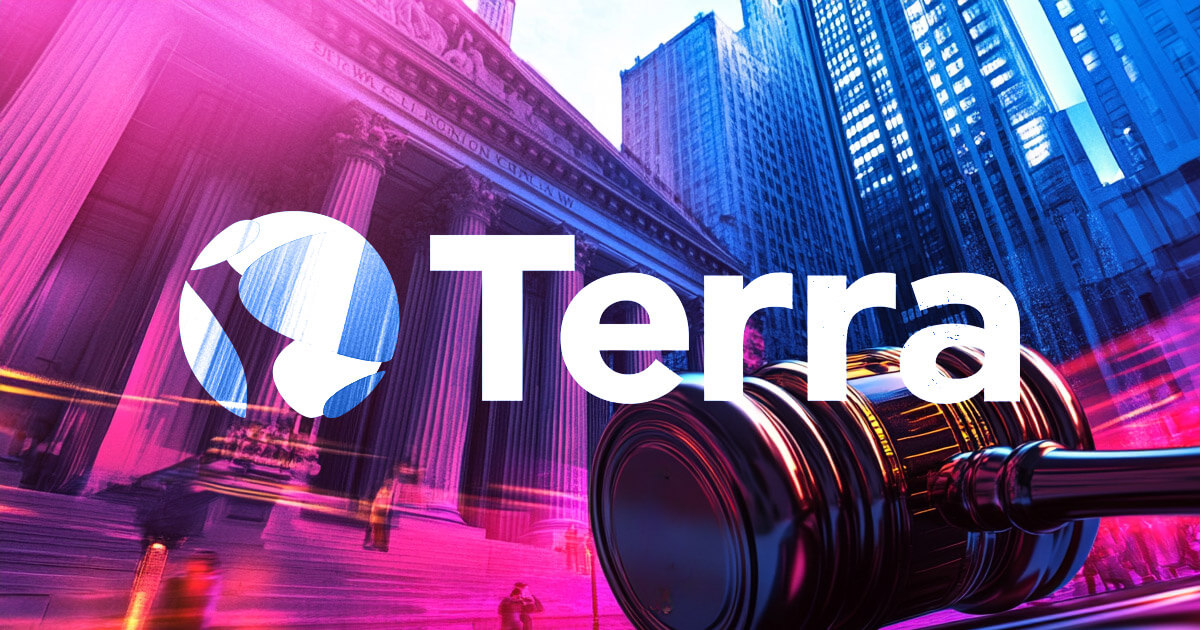| Get all the essential market news and expert opinions in one place with our daily newsletter. Receive a comprehensive recap of the day’s top stories directly to your inbox. Sign up here! |
 (Kitco News) – The Financial Stability Board (FSB), an international organization that monitors the global financial system, has released its finalized global regulatory framework for crypto-asset activities in an effort to “promote the comprehensiveness and international consistency of regulatory and supervisory approaches.”
(Kitco News) – The Financial Stability Board (FSB), an international organization that monitors the global financial system, has released its finalized global regulatory framework for crypto-asset activities in an effort to “promote the comprehensiveness and international consistency of regulatory and supervisory approaches.”
The guidelines are intended to be implemented by members of the G20 under the principle of “same activity, same risk, same regulation,” the FSB said, and provide “a strong basis for ensuring that crypto-asset activities and so-called stablecoins are subject to consistent and comprehensive regulation, commensurate to the risks they pose, while supporting responsible innovations potentially brought by the technological change.”
To help aid countries in establishing a regulatory framework for digital assets, the FSB provided a set of high-level recommendations for the regulation, supervision and oversight of crypto in general, as well as revised high-level recommendations related to the regulation of “global stablecoin” arrangements.
“The recommendations focus on addressing risks to financial stability, and they do not comprehensively cover all specific risk categories related to crypto-asset activities,” the FSB said. “They take account of lessons from events of the past year in crypto-asset markets, as well as feedback received during the public consultation of the FSB’s proposals.”
The nine recommendations for crypto-asset activities and markets include guidance on establishing regulatory powers and tools; a general regulatory framework; cross-border cooperation, coordination and information sharing; governance; risk management; data collection, recording and reporting; disclosures; addressing financial stability risks arising from interconnections and interdependencies; and the comprehensive regulation of crypto-asset service providers with multiple functions.
The FSB included ten recommendations related to stablecoins that “seek to promote consistent and effective regulation, supervision and oversight of global stablecoin arrangements (GSCs) across jurisdictions to address the potential financial stability risks they pose, both at the domestic and international level, while supporting responsible innovation and providing sufficient flexibility for jurisdictions to implement domestic approaches.”
The recommendations include guidance to help authorities to regulate and supervise global stablecoin arrangements; comprehensive oversight of GSC activities and functions; cross-border cooperation, coordination and information sharing; governance structures and decentralized operations; risk management; data storage and access to data; recovery and resolution of the GSC; disclosures; redemption rights, stabilization, and prudential requirements; and how to conform with regulatory, supervisory and oversight requirements before commencing operations.
“The recommendations take a broad approach to GSCs and are intended to be flexible so that they can be incorporated into the wide variety of regulatory frameworks potentially applicable to GSCs around the world,” the FSB said. “Where international sectoral standards apply to a GSC for a particular economic function, those standards will address risks specific to the economic function and, as such, authorities should implement those international standards.”
Some of the notable recommendations include a requirement that crypto platforms segregate clients’ digital assets from their own funds and clearly separate functions to avoid conflict of interest, and a demand that local regulators make sure that there is no activity that “may frustrate the identification of the responsible entity or affiliated entities,” specifically highlighting the ability to identify those using decentralized finance (DeFi) protocols.
“Authorities should have access to the data as necessary and appropriate to fulfill their regulatory, supervisory and oversight mandates,” the FSB said.
When it comes to stablecoins, the FSB said that issuers must hold reserve assets in 1:1 minimal proportion unless the issuer “is subject to adequate prudential requirements” equivalent to commercial bank standards.
On the topic of a global stablecoin, the guidelines state, “Authorities should not permit the operation of a GSC arrangement in their jurisdiction unless the GSC arrangement meets all of their jurisdiction’s regulatory, supervisory, and oversight requirements, including affirmative approval.”
Many of the proposed recommendations align with regulatory requirements for traditional assets, which highlights the increasing legitimacy of the asset class in the eyes of the FSB.
“It makes sense that the Financial Stability Board should see crypto assets through a similar regulatory lens as traditional assets as, although there has been incredible innovation in crypto assets, fundamentally investors need the same kinds of common sense protections as needed with traditional trading, brokerage and banking,” said Bradley Duke, founder and CSO at ETC Group.
The FSB noted that the recommendations do not “comprehensively address” all of the risk categories related to digital assets, including “Anti-Money Laundering/Combating the Financing of Terrorism (AML/CFT); data privacy; cyber security; consumer and investor protection; market integrity; competition policy; taxation; monetary policy; monetary sovereignty; and other macroeconomic concerns.”
The organization will now “conduct a review of the status of the implementation of these two sets of recommendations at the jurisdictional level,” and release a report on its findings by the end of 2025.
The FSB said it will work with the International Monetary Fund (IMF), World Bank, and other standard-setting bodies (SSB) to “engage with a wider set of jurisdictions to encourage implementation of the FSB recommendations and international standards; take stock of regulatory progress and challenges among non-FSB member jurisdictions through the FSB’s Regional Consultative Groups; and monitor and address cross-border issues related to stablecoins and other cryptoassets.”
In September, the FSB and IMF will deliver a joint report on the existing policies and regulatory issues to the G20 to help “support a coordinated and comprehensive policy approach to crypto-assets by considering macroeconomic and regulatory perspectives, including the full range of risks posed by crypto-assets.”
Disclaimer: The views expressed in this article are those of the author and may not reflect those of Kitco Metals Inc. The author has made every effort to ensure accuracy of information provided; however, neither Kitco Metals Inc. nor the author can guarantee such accuracy. This article is strictly for informational purposes only. It is not a solicitation to make any exchange in commodities, securities or other financial instruments. Kitco Metals Inc. and the author of this article do not accept culpability for losses and/ or damages arising from the use of this publication.
Credit: Source link














































